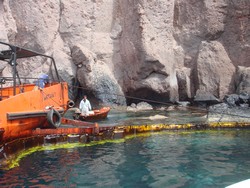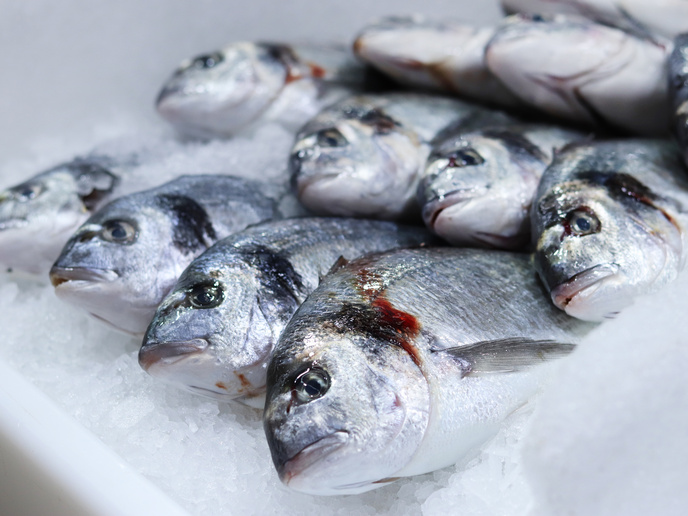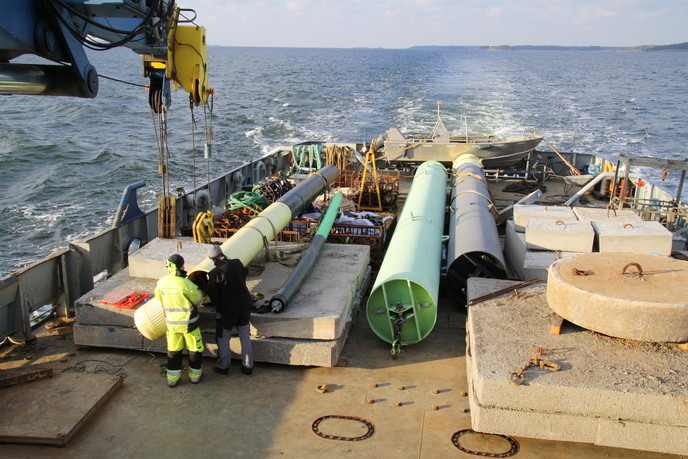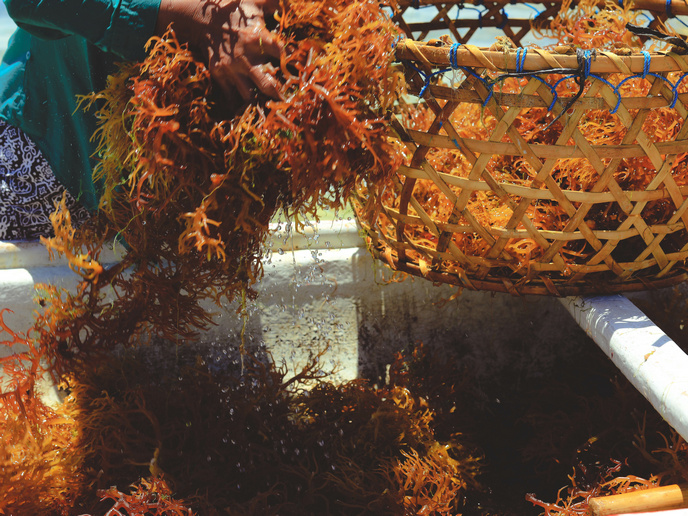Using microbes for oil spill clean-up
Oil spills that release harmful petroleum hydrocarbons into the marine environment can be cleaned up in several ways. These include sponge-like sorbents that absorb oil, dispersants that chemically break down oil, chemically disperse oil into micro-droplets and stimulation of microorganisms that biologically degrade oil by consuming it as an energy source. The EU-funded KILL●SPILL(opens in new window) (Integrated biotechnological solutions for combating marine oil spills) project was established to find such viable solutions to combat oil spills using both established and novel methods. While dispersing or collecting/skimming the oil is the first response following an oil spill, KILL●SPILL products are intended for longer-term actions across a range of conditions. Researchers developed novel hydrocarbon-detecting biosensors that monitor the efficiency of oil-degrading bacterial communities. They also created bio-based dispersants (based on biosurfactants) and microbial-chemical combinations for use as integrated bioremediation agents. In addition, bacterial strains from marine, terrestrial and industrial environments were isolated in order to study their oil-degrading capabilities. Scientists also investigated bacteria adapted to the high pressures of the deep-sea environment (in high-pressure bioreactors), oil-degrading microorganisms with high tolerance to environmental stresses, and microbes that degrade oil in ocean floor sediments under anaerobic or aerobic conditions. KILL●SPILL’s versatile range of tools will fill gaps in current approaches to cleaning up oil spill disasters with applications for first response, follow-up and monitoring. It therefore provided sustainable, industrially driven strategies for mitigating oil spills through increased understanding of the degradation of petroleum hydrocarbons released in the marine environment. In addition, the biostimulation and bioaugmentation techniques developed can be applied to areas of sea suffering chronic pollution. KILL●SPILL also created frameworks for making evidence-based decisions for the most sustainable and appropriate oil spill clean-up measures. Finally, the project contributed to the EU’s Marine Strategy Framework Directive by helping marine environments return to good environmental status.







